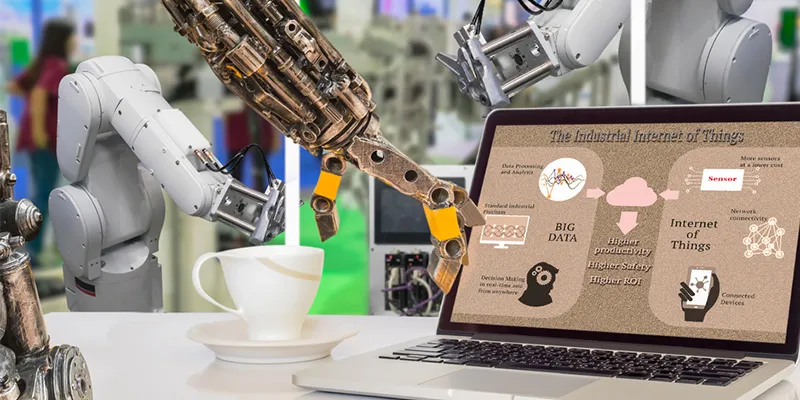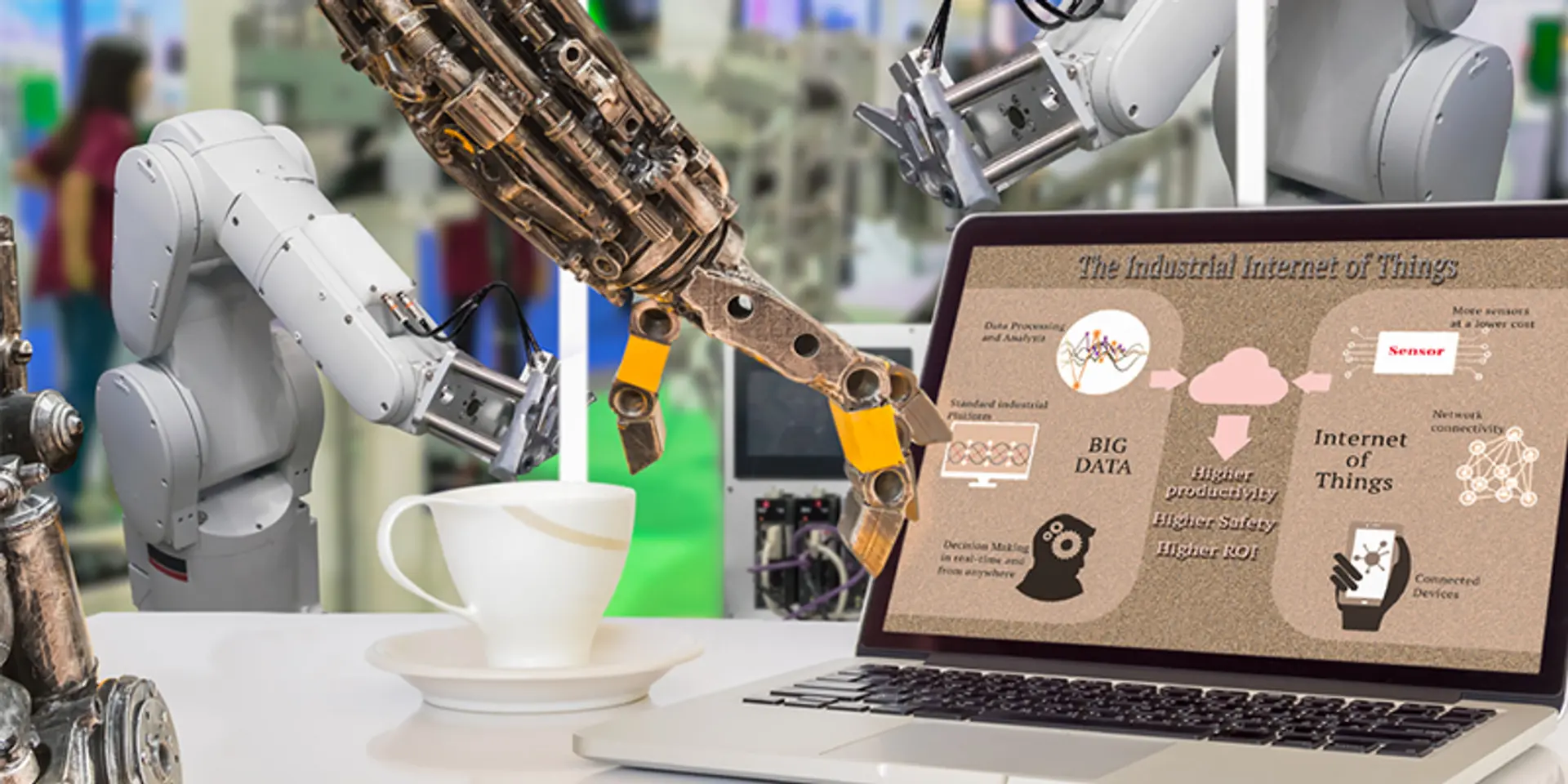Machine learning — a breakthrough in effective customer engagement
As late as the mid 2000s, telephones were the primary tool for contact in case customers had any clarifications or grievances about the products or services they had procured. ‘Customer care’ for businesses was typically handled by employees of call centres, who could, by and large, be relied upon to respond to customers and sort out any issues they faced.

With the limited communication options available then, companies were able to resolve issues impersonally and these services were mostly considered nothing more than an unavoidable expense. As a result, customers were often frustrated by rigid company policies that they weren’t aware of, and add to that a lack of transparency and official procedures that took days or even weeks to resolve. Fast forward to today and the rise of e-commerce platforms, multiple communication channels, and the easy availability of smartphones has caused a gravitational shift in customer engagement methods. Consumers, as a result, have come to expect immediate access to information and the resolution of their issues at the click of a button.
While the move to smartphones and the rise of e-commerce have driven the customer service industry forward, a revolution is silently taking place in the form of machine learning and artificial learning (AI) technologies. These concepts are constantly getting fine-tuned to have a greater impact on the future of customer relations.
Technology, on its part, has been evolving at a rapid pace, particularly in the last few years, to which both customers and businesses have adapted. This has also created an inclination among individuals and organisations to share more inputs and information in order to improve their buying and selling experiences. Most businesses today keep track of their customers’ history with their brand through a wide array of resources including social media, website visits, in-store Wi-Fi, and customer support tickets.
However, in spite of the vast potential that big data analysis holds, several organisations, particularly those based in developing and underdeveloped countries, are yet to grasp the true potential that machine learning has to offer with respect to building relations with their customers. This is particularly pertinent to retail and consumer goods companies, wherein the revenue and growth opportunities that big data analytics has to offer are extremely hard to ignore. In fact, a 2016 survey by Zendesk, among customers in India, showed that 70 percent among 18–34-year-olds were happy to pay extra for products or services if they are guaranteed better customer service by the respective companies.
Machine learning technologies have the potential to augment and extend the reach of data analytics to such an extent that the algorithms completely eliminate the possibility of human error and therefore provide prompt customer service in the most effective way possible. This further paves the way for support teams to deploy their valuable time and energy on more critical issues that genuinely require human intervention. The technology has transitioned from conventional analytics by substituting it with predictive and prescriptive analytics that can offer tailor-made solutions to customers based on their past experiences and shopping patterns. At the same time, machine learning also enables businesses to keep tabs on the preferences of each individual customer, which is stored in the memory of a central database endlessly. This creates a ‘collaborative/ collective intelligence’ that the customer service teams can tap into to provide a more personalised and effective service that is in sync with the times.
Experts believe that machine learning has immense potential and possibly the power to change how and why enterprise software is used. Machine learning and artificial learning are predicted to have the true potential to replace cognitive functions of the human mind. While situations where machine learning might not be able to directly resolve a customer service issue could arise, it will nevertheless provide the necessary backup in aiding customer service agents with the requisite information at their fingertips to manage it in the most efficient and timely manner possible.
Machine learning has unlimited memory capacity thanks to big data storage, allowing the technology to match and discover endless levels of behavioural patterns far beyond the capabilities of the human mind. As author Tom White referenced,
More data usually beats better algorithms.
In fact, by the next decade, machine learning systems could become capable of comprehending the subtle nuances of human language. Yann LeCun, who leads Facebook Artificial Intelligence Research, was recently quoted stating “We might see the emergence of considerably more intelligent AI agents for dialogue systems, question-answering, adaptive robot control, and even planning.
Businesses, in turn, have to envisage new ways of catering to a constantly changing audience. It is becoming increasingly clear that we are on the brink of a revolution that will enable all businesses to seamlessly operate an efficient and adaptable customer service methodology. As the technology has advanced and developed, it has now become possible to replace humans with intelligent algorithms. The trend has already been adopted by global giants like Google, Facebook, Uber, and Apple along with a number of retail stores like Nordstrom, Macy’s, and Sketchers. Many of these companies have artificial learning and machine learning departments within their organisations to help create an all-encompassing strategy that keeps up with providing the ‘I want it now’ customer with quick and precise solutions.
(Disclaimer: The views and opinions expressed in this article are those of the author and do not necessarily reflect the views of YourStory.)







